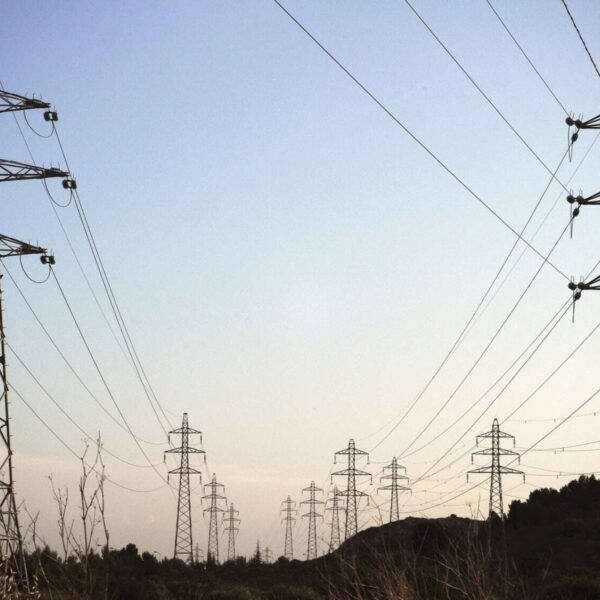
Validation by the Brussels Court of Appeal of Brugel's tariff methodology
BRUGEL, the Brussels energy regulator, welcomes the rejection, by the 18th Chamber of the Brussels Court of Appeal, of the action by ASBL TPCV against certain provisions of its "electricity" tariff methodology.
In its ruling of 25 January 2018, the Court considered that the action for annulment is unfounded.
It should be recalled that the Brussels regulator introduced into its tariff methodology the removal of the principle of compensation for photovoltaic installations with powers of less than 5kVA, which means that distribution tariffs will apply in the future to the whole quantity of energy actually consumed by the network without deducting the injection quantity from it.
The Court considers that the tariff methodology is free of any substantial irregularity and the justification brought to the removal of the principle of compensation is adequate: the amended methodology "not only is not discriminatory but, inversely, puts an end to a discrimination which previously existed; in the old system, "classic" consumers were discriminated vis-à-vis "prosumers" in relation to the costs of the distribution network, since "prosumers" contributed to these costs only on account of the net quantity of energy consumed (after compensation), even though they had used the distribution network for all gross quantities consumed".
The Court adds, with regard to vested compensation rights and the general principle of law of legal certainty, that: "since the decision puts an end to a discrimination, and consequently an illegality, it cannot be considered as contrary to the principle of legal certainty." "In addition, "prosumers" had no vested right in preserving this favour concerning the tariffs of the distribution network. BRUGEL shows that, due to the changing circumstances of the general interest and success in the development of photovoltaic panels, the system became too favourable for "prosumers", even though the renewable electricity that they produce is done so irregularly and most often at times of the day when the demand for energy is lower. It is therefore only normal and fair that they contribute to the network costs depending on their usage of this network during their energy consumptions from it, either at times when they do not produce energy, or actually consume more energy than they produce."
Associated areas of specialisation: Energy